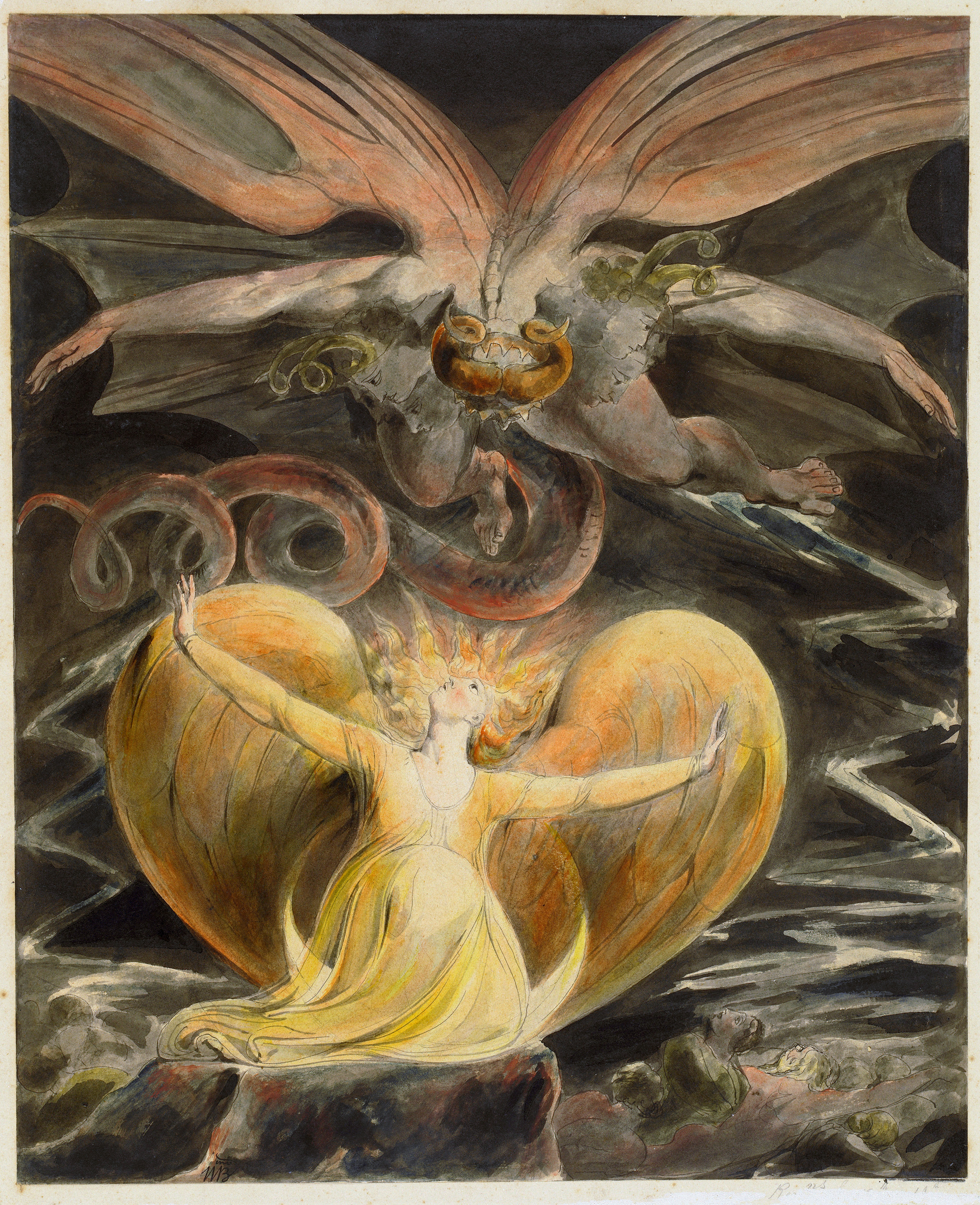 What is the value of an individual? Are individuals judged based on their own personal worth or their worth to society? Edith Wharton's Age of Innocence and Henrik Ibsen's A Doll's House both explore the importance of society in an individual's journey to discovering him- or herself. In each work, it seems as though society is an oppressive force for some of the characters, whether male or female.
What is the value of an individual? Are individuals judged based on their own personal worth or their worth to society? Edith Wharton's Age of Innocence and Henrik Ibsen's A Doll's House both explore the importance of society in an individual's journey to discovering him- or herself. In each work, it seems as though society is an oppressive force for some of the characters, whether male or female. For Wharton's novel, the oppression is stressed upon Ellen and May, each of whom are unable to escape the influences of society. In the work's New York society, there is a "way of people who dreaded scandal more than disease, who placed decency above courage, and who considered nothing was more ill-bred than 'scenes,' except the behaviour of those who gave rise to them" (Wharton 282). Any behavior or appearance that appeared abnormal compared to more common behaviors or appearances are rendered disrespectful of the New York way.
Because of this idea of respect, Ellen's European mannerisms and lifestyle are viewed with disdain, and her apparent lack of sensibility, such as her desire to divorce her husband, is scandalous. According to Newland, "[their] legislation favours divorce--[their] social customs don't" (Wharton 93), and as a result, Ellen is encouraged to stay with her husband in order to maintain her societal standing.
May is also influenced by society in dictating her behaviors as a woman and as a wife to Newland. Her purity is "cunningly manufactured by a conspiracy of mothers and aunts and grandmothers and long-dead ancestresses," and Newland has the right of a husband to "exercise his lordly pleasure in smashing it like an image made of snow" (Wharton 39). While he gives himself to her already marred by an affair with a married woman, May must remain pure and clean when giving herself to him, lest she loses respect from society.
In Ibsen's play, both Torvald and Nora are forced to live by society's expectations of a respectable husband and a submissive wife. Within this setting, the men are seen as the breadwinners of the family while the women are expected to fall under the Cult of Domesticity. The ideals of this Cult of Domesticity included submissiveness, piety, and purity.
As the male of the household, Torvald is expected to be the individual who provides for the family, the individual who's "man enough to shoulder the whole burden" (Ibsen 1198). He cares about how society would react should they find that Nora is trying to convince him to rehire Krogstad, feeling as if her persistence is belittling of his command of the family. Because he refers to Nora as his "most precious possession" (Ibsen 1218), it appears as though Torvald acts as Nora's guardian, giving her money to spend and showing her off to their friends.
Nora, on the other hand, is expected by society to allow Torvald to make all the decisions within the household. Her husband reduces her to a "lost and helpless creature" (Ibsen 1225), reinforcing the societal standard that women should remain submissive to their spouses. Indeed, when Torvald learns that his wife had secretly begun working to pay off her debt to Krogstad, instead of acting thankful for Nora's sacrifice to him, he grows infuriated and tells her she's unfit to bring up the children.
Society in each of the works seems to overcome the characters, forcing them to lose sight of themselves and focus solely on how society sees them.
















